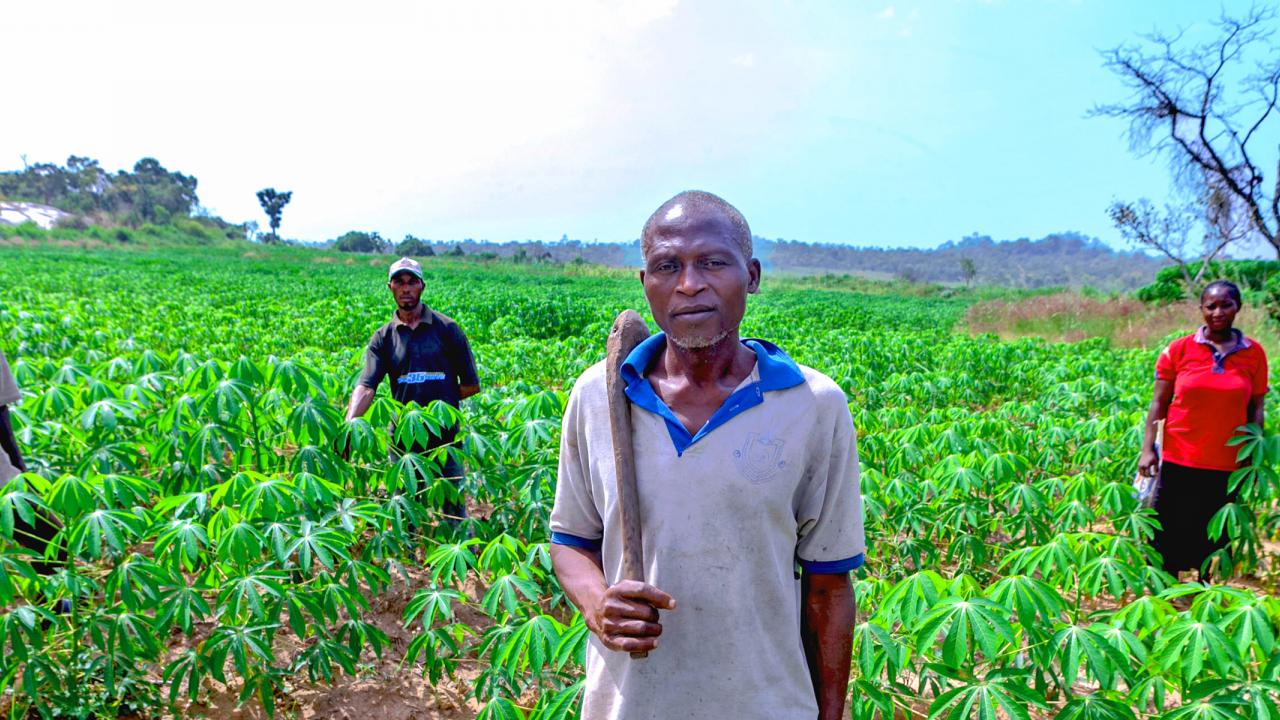A publication by the African Centre for Biodiversity (ACB) titled The Future of smallholder farmer support in Tanzania: Where to after the National Agricultural Input Voucher System (NAIVS)? discusses farm input subsidies in Tanzania and their impacts on smallholder farmers. The report examines the history of farm input subsidy programmes (FISPs) in the country, with a focus on the NAIVS, a large-scale subsidy programme funded by the World Bank which ran from 2009 to 2014. Input subsidies form part of a wider Green Revolution approach that seeks to commercialise African agriculture through economies of scale and smallholder integration into corporate value chains.
The NAIVS was the largest component of the Accelerated Food Security Programme (AFSP), negotiated between the government of Tanzania and the World Bank and launched in 2009. A huge budget was directed to the NAIVS, with the programme receiving between US$60-100 million per year. NAIVS was introduced to rapidly increase food production due to the 2007/08 global food crisis in the short-term, and in the longer term to develop commercial value chains for inputs.
Vouchers are the basic premise of the NAIVS for access to Green Revolution inputs (especially hybrid and improved seed and synthetic fertiliser) at a subsidised price. Farmers must make a contribution of their own to receive public support through the programme. This favours wealthier farmers, in line with the commercialization strategy. Export-oriented strategies determine the choice of inputs to be provided, bypassing resource-poor and remote smallholders.
Despite some productivity increases in the two main crops NAIVS focused on – rice and maize – the subsidy programme has proven inadequate to provide farmers with the support needed to graduate out of the programme and sustain production. Government was unable to support the programme after external funding came to an end, placing in peril many farmers who had become dependent on the subsidized inputs.
The programme was mired in challenges due to high costs, limited impact on poverty and livelihoods, high inefficiencies, political and elite patronage and corruption, corporate capture of the agricultural input value chain and distortion of agricultural markets. These serious concerns with FISPs have been widely documented in different African countries.
The main beneficiaries of Green Revolution subsidy programmes are the large commercial seed and fertiliser companies who are handed a guaranteed market for their products, subsidized by the state. More broadly, the Green Revolution approach has long-term negative implications of reducing agricultural biodiversity and poses threats to ecological and soil health.
Smallholder farmers certainly do need support to solve their diverse and interrelated challenges in very difficult production conditions. However, it is questionable whether huge allocations of public funding should be directed towards a narrow set of externally provided inputs that are not appropriate for most farmers. It may be time to consider diversification and strengthening other forms of support for smallholder farmers that are less reliant on costly and unsustainable external inputs. Traditional and agroecological farming practices can form the basis for alternative types of public support.
*The views of the above article are those of the author and do not necessarily reflect the views of Africa Speaks 4 Africa or its editorial team.




